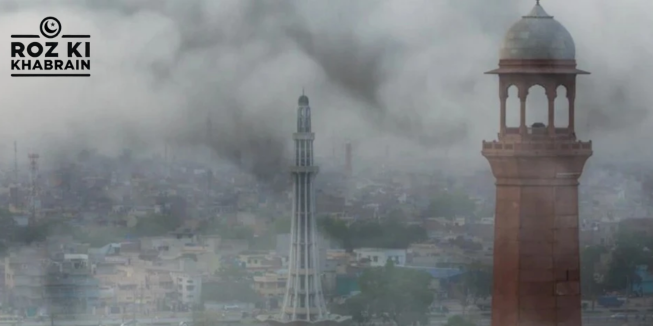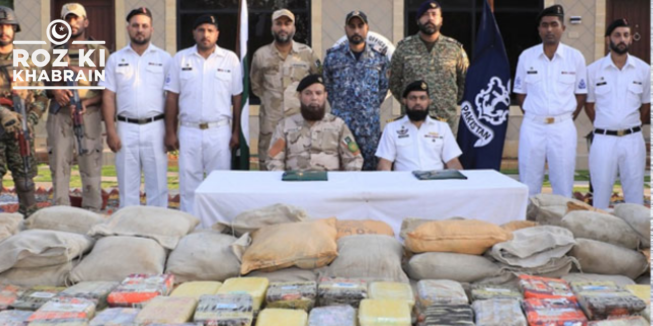Severe smog that has recently blanketed several cities in Punjab, including Lahore, is expected to have “devastating effects” on young children and pregnant women, according to Unicef Representative in Pakistan, Abdullah Fadil.
Fadil expressed grave concern for children’s health, highlighting that over 11 million children under five are being exposed to toxic air.
Despite various measures taken by the provincial government, cities like Lahore and Multan have been grappling with high levels of pollution for weeks. As temperatures drop, pollutant levels rise, worsening the smog situation, which has led to hundreds being hospitalized, including many children. The pollution is so severe that it is visible from space.
In response to the worsening air quality, authorities imposed restrictions on outdoor activities in Lahore, including school closures and bans on entry to parks and public outdoor spaces. This move was followed by similar restrictions in Multan, Gujranwala, and Faisalabad, the other most affected districts, which will last until November 17.
Fadil noted that, prior to the current smog crisis, around 12% of deaths in children under five in Pakistan were linked to air pollution. He warned that the intense smog this year, with pollution levels doubling or tripling, will have particularly harmful effects on vulnerable groups, especially children and pregnant women.
Young children are especially at risk, Fadil explained, as their smaller lungs and faster breathing rates make them more susceptible to pollutants, leading to life-threatening respiratory diseases. He also highlighted that exposure to polluted air could damage babies’ developing lungs and brains, causing cognitive delays and lifelong health impacts.
For pregnant women, exposure to pollution increases the likelihood of premature births, respiratory problems, and low birth weight in their babies.
Fadil emphasized Unicef’s support for the Punjab government’s efforts to raise awareness about the issue and its collaboration with authorities to reduce emissions. He also called for urgent action at COP29 to combat climate change and improve air quality.
“We cannot afford to let our babies breathe toxic air. We must take immediate action to protect the health and future of millions of children,” he concluded.




